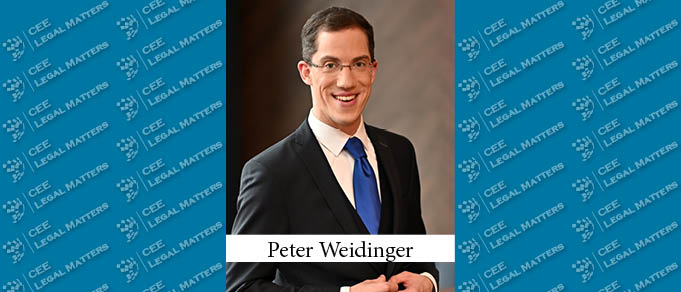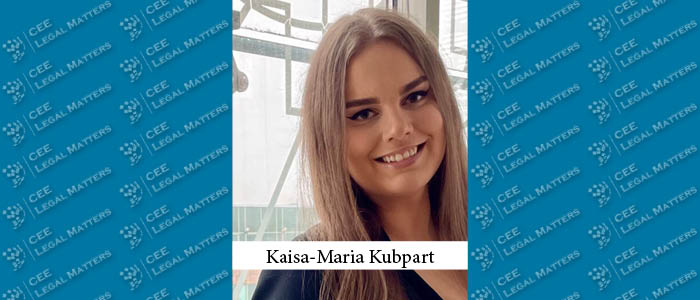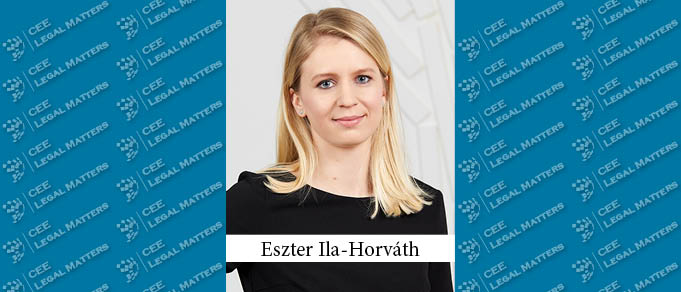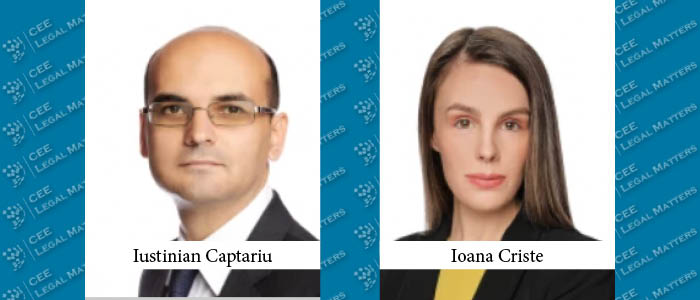Following almost four years of consultations and debates, on March 29, 2023, Romania’s Government has submitted for the adoption of the Senate the draft law on the Code of Land Planning, Urbanism and Construction (the “Urbanism Code”).
Successful MiCAR Licensing in Austria: FMA Publishes Roadmap for Crypto-Asset Service Providers
As the regulatory landscape for crypto-assets undergoes a significant transformation with the European Union's implementation of the Markets in Crypto-Assets Regulation (MiCAR, Regulation (EU) 2023/1114), attention turns to the preparatory steps entities must take to comply with these new standards.
The Hungarian ESG Act Has Arrived
Due to the holiday season and the legislative dumping at the end of the year, the important new milestone in the ESG field did not receive much publicity, even though Act CVIII of 2023, the ESG Act, which is the first comprehensive Hungarian regulation in the field, entered into force as of January 1, 2024. The field, which until now has mostly been covered by EU sources of law and in one Hungarian law, has finally ceased to be a stepchild and has been given the first comprehensive and unified law, which the legislator himself named the ESG Act.
The Digitalization of Building Permitting Process in the Upcoming Urban Planning Code and the Challenges in Implementation
The Urban Planning, Urbanism, and Construction Code (“Urban Planning Code”) is a complex law project that aims to consolidate, reform, and standardize legislation in the construction sector. The Urban Planning Code draft bill is currently under parliamentary debate. Among the proposed reforms are the digitalization and simplification of the building permitting process.
New Rules for the Deduction of Intra-Group Expenses Incurred by Non-Resident Related Entities – Proposed Amendments
The recent practice in the field has shown that the expenses with intragroup services are currently one of the main topics addressed during tax audits and, at the same time, one of the main topics generating tax controversies.
Serbian Commission for Protection of Competition: The KTG and Eco Sense Case
The Serbian Commission for Protection of Competition (“Commission”) has recently determined that the companies KTG Solucije d.o.o. Subotica (“KTG”) and Eco sense doo Subotica (“Eco Sense”) entered into a restrictive agreement that significantly impacted competition in public procurement procedures related to hygiene maintenance materials and services.
Foreign Direct Investment Screening Regime is Introduced in Bulgaria
On February 22, 2024, Bulgaria, previously one of the few remaining EU countries without foreign direct investment (FDI) controls, introduced a new FDI screening regime in accordance with the EU FDI Screening Regulation 2019/452 (the “EU FDI Screening Regulation”).
Finnish Court’s Resolution Stating that Wolt Couriers Are Entrepreneurs is Getting Positive Attention in Estonia as Well
Finnish Hameenlinna Administrative Court made a historic resolution on 22.02.2024, in which it found that Wolt couriers are entrepreneurs, not employees. The question of whether platform employees are independent entrepreneurs or salaried employees is also relevant in Estonia. If and how can the resolution of the Finnish court affect how the activities of couriers would be qualified according to Estonian law?
New Obligation for Waste Producing Companies: The Compulsory Environmental Insurance
The new provisions on compulsory environmental insurance entered into force on 1 January 2024 through the modification of the Waste and a new Government Decree.
New Rules for the Insurance Market in Romania
On 16 January 2024, the Law No. 17/2024 amending and supplementing Law No. 237/2015 on the authorisation and supervision of insurance and reinsurance activities, as well as amending and supplementing certain regulatory acts was published in Official Gazette Of Romania No. 36., aiming to strengthen the protection of both policyholders and beneficiaries by ensuring the stability of the insurance market and a greater degree of predictability in the development of each individual company and the insurance market as a whole.
Bulgarian Parliament Adopts FDI Screening Regime
Until recently, Bulgaria was one of the few remaining EU countries not to have adopted a foreign direct investment (FDI) screening regime. However, this was set to change with the introduction of a bill in late June 2023 to amend the Investment Promotion Act. This amendment implements the screening mechanism outlined in Regulation (EU) 2019/452 (the "EU FDI Screening Regulation").
The Constitutional Court Decided in Favor of Employed Pregnant Women and Mothers: Changed Rules on the Calculation of Compensation of Salary During Maternity Leave and Leave of Absence for Nursing a Child
On 14 February 2024 the Decision of the Constitutional Court of the Republic of Serbia no. IUz-60/2021 was published, which determines that the provision of Article 13, Paragraph 1 of the Law on Financial Support for Families with Children (“Off. Gazette of the RS”, no. 113/17, 50/18, 46/21 – Decision of the CC, 51/21 – Decision of the CC, 53/21 – Decision of the CC, 66/21, 130/21, 43/23 – Decision of the CC and 62/23), is not in accordance with the Constitution of the Republic of Serbia in the part that reads:
Powers of Conciliation Boards Extended from January 1
Under Hungarian law, conciliation boards were set up more than two decades ago, which provide a fast, efficient and inexpensive forum for dispute resolution compared to litigation in specific cases. The competence of the conciliation boards in relation to goods and services covers (i) the quality and safety of the services; (ii) application of product liability rules; and (iii) conclusion and performance of contracts. This type of conciliation can only be initiated by the consumer as an individual.
New Allowances in Corporate Taxation
From 1 January 2024, taxpayers can benefit from a tax allowance for investments in the construction of electricity storage facilities. The tax allowance is available for 6 tax years, with the first tax year being either the year of installation or the following tax year, at the taxpayer's option. This incentive is intended to encourage the installation of new electricity storage facilities which enable the taxpayer to store electricity generated for its own use.
New Draft Law on Competition: Exploring Key Amendments
Competition law reform in Albania is underway, marked by several important changes to Law no. 9121, dated 28.07.2003, “On Protection of Competition” (“Competition Law”). Within the context of harmonizing with the EU acquis, last November, the Albanian Competition Authority (“ACA”) launched a public consultation phase for the proposed amendments to the Competition Law (“Draft Law”). However, the final version of the Draft Law has not yet been submitted to Parliament.
Regulation of the Status of Foreigners in Serbia from now on Only Electronically
In the Official Gazette of the Republic of Serbia no. 6/2024 from January 26, 2024, the following by-laws have been published:
Are FIFA and UEFA Ready for Rule Changes in European Football?
For those familiar with the situation in the world of football in Europe, the end of 2023 was very interesting bearing in mind that the European Court of Justice (ECJ) made two important decisions concerning football organizations FIFA and UEFA.
Significant Changes Envisaged to Grid Connection for New Power-Generation Capacities in Romania
The Romanian Energy Regulatory Authority (“ANRE”) has announced important amendments to the rules for connecting new power-generation capacities to the public network.

































